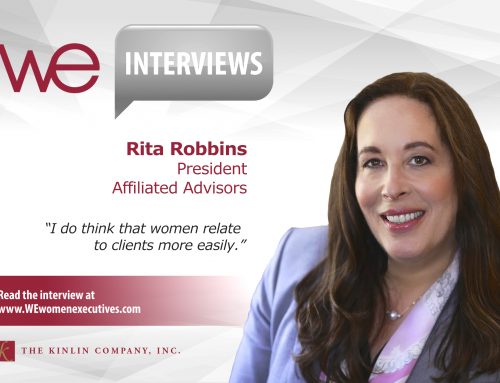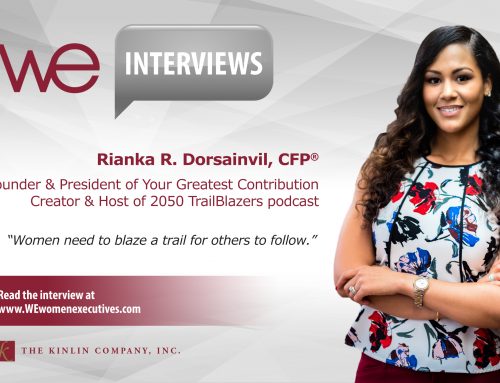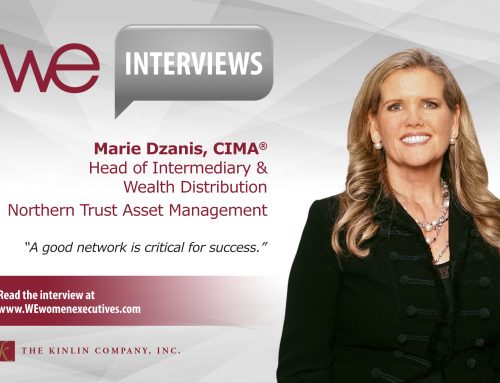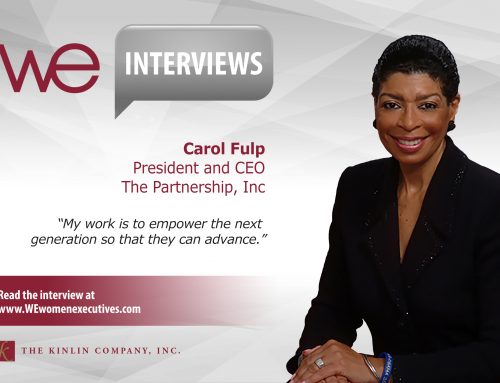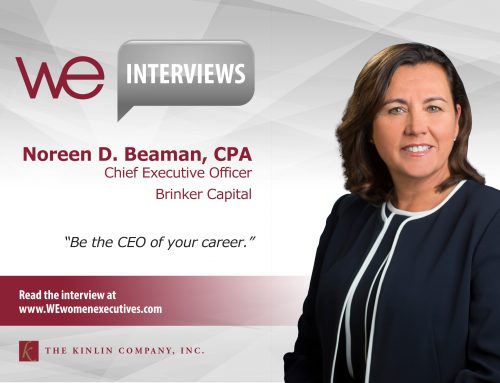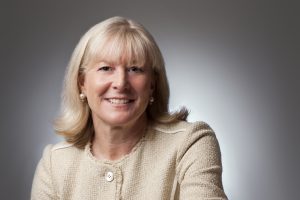 Martha ‘Marty’ Willis
Martha ‘Marty’ Willis
Chief Marketing Officer
Oppenheimer Funds Group
As Chief Marketing Officer for the Oppenheimer Funds Group, Marty Willis serves a strategic marketing function. Under the rubric of CMO, Willis is responsible not only for brand strategy, digital strategy, corporate communications, and marketing communications but also for Oppenheimer’s Investment Thought Leadership New Product Development, board relations, and coordination of overall business strategy. Simply stated, Willis’ domain is vast. Much like a CEO, she manages a diverse group of talented individuals working in the creative, analytical, and operational spheres.
I recently had the pleasure of sitting down and chatting with Willis about the challenges of her job and the path she has travelled to reach this prominent position.
You’ve Got to Work Hard
A cursory review of Willis’ resume reveals a rapid career progression, from her start at Massachusetts Financial Services followed by 25 years at Fidelity and then to her current position with Oppenheimer. How, I asked Willis, had this impressive career unfolded and what specific actions had she taken to achieve such success?
“I’ve pretty much always been in one industry,” Willis observed, “and I started on the sales side, at Massachusetts Financial Services. I was a wholesaler—one of the first female wholesalers that they hired—and they pulled me off of the sales desk. I was about 23 years old and I went off to Atlanta, where I drove around the South in a red Honda Prelude calling on investment advisors. After a while, I decided that working in sales wasn’t for me; I wanted something more creative and more innovative. So I moved to Fidelity because they were known in the industry for the best marketing in asset management.
“Over my tenure at Fidelity, I played a variety of senior roles between the retail and intermediary business units. I was an executive vice president at Fidelity for the last ten years of my time there, managing both retail marketing and institutional marketing. I learned a tremendous amount about the financial services industry during my time there.
“Eventually it was time for a change, which was really good for me. I had learned how to get things done in a big company, working for a number of very talented individuals. So when I made the move to Oppenheimer, I encountered a whole new climate—fewer people, a very different culture from Fidelity, and a different city. It was an exciting change.
“What I’ve learned over the years is that if you want to get ahead, you’ve got to work hard. I’ve always been a grinder—I’m someone who gets in early, works very hard, and ultimately cares about their work. Throughout my career, I’ve demonstrated a passion for the business and I’ve been dependable, and people really like that.”
You Need a Champion
While Willis made it clear to me that she doesn’t shy away from hard work, she also told me she believes that there’s a second element that’s necessary to reach the senior management ranks.
“You need to have a champion—someone who will be your advocate, raise your name when they’re thinking about new jobs, and go to bat for you. I’ve had those types of advocates both at Fidelity and here at Oppenheimer.
“When I was at Fidelity, Bill Adair, who has now unfortunately passed away, was a very big advocate. He encouraged me to be confident, stay the course, and not let anyone try to railroad me into a decision. And he always backed me, which was extremely important.
“Oppenheimer’s Chairman, Bill Glavin, has also been a huge advocate. He has been willing to add my name to organizations that support women on corporate boards. And what’s interesting is that I did not reach out to either of these men in any way. I think they advocated for me for several reasons. They respected my diligence and hard work, and they felt I deserved it. I also think they respected my integrity—they knew they could count on me to deliver and ultimately I always made them look better.”
Gender Bias? Ignore It
Given that Willis professed to a number of positive experiences with male champions over the course of her career, I asked her if she had also encountered the flip side of the equation: gender bias. And if so, I queried, how had she handled it?
“Sure it happens, but I ignore it. I try not to make an issue out of those things. I have two young daughters, one who’s 25 and another who’s 18. They’ve watched me have a career, and while there were probably times where they thought, ‘I wish my mom was picking me up instead of the babysitter,’ as time has gone on, they’ve grown to value the fact that I had a career. Now they bring their friends to meet with me as a “free career counselor.” I’ve always emphasized to the girls that, ‘You’ve got to stand on your own two feet. You never know what will happen in life, and if you can’t take care of yourself, you will never have the confidence in yourself that you will need, no matter what you choose to do in life.’”
Think Big and Take Risks
In light of Willis’ clear commitment to encouraging her daughters to advocate for themselves, I asked her if there were any advice she might offer to other women, perhaps those at a midpoint in their career or in senior management, that might help them move up the ladder professionally.
“As I mentioned before, it’s very helpful to have an advocate, but there are two more things that have worked well for me personally: the courage to think big and a willingness to take risks. While it may be easier to do the little things, people don’t remember the little things. The big things have so much more impact to the business, and they give you greater gratification. Think big and take calculated risks. Don’t be afraid.
“A bold move I made was coming here to Oppenheimer. I was very comfortable at Fidelity, but I’d been doing the same job for seven years and I felt it was time to learn something new. I received a call about this new position as CMO at Oppenheimer and the timing was right–my kids were grown up, I could easily work in New York, and I could afford to try something new. I could have stayed in my comfort zone, but I got to Oppenheimer and within a year, I knew I’d made the right decision. In fact, I wish I’d done this ten years earlier. My advice: Don’t be afraid to take calculated risks—even if it doesn’t work out, you’ll grow from the experience.”

